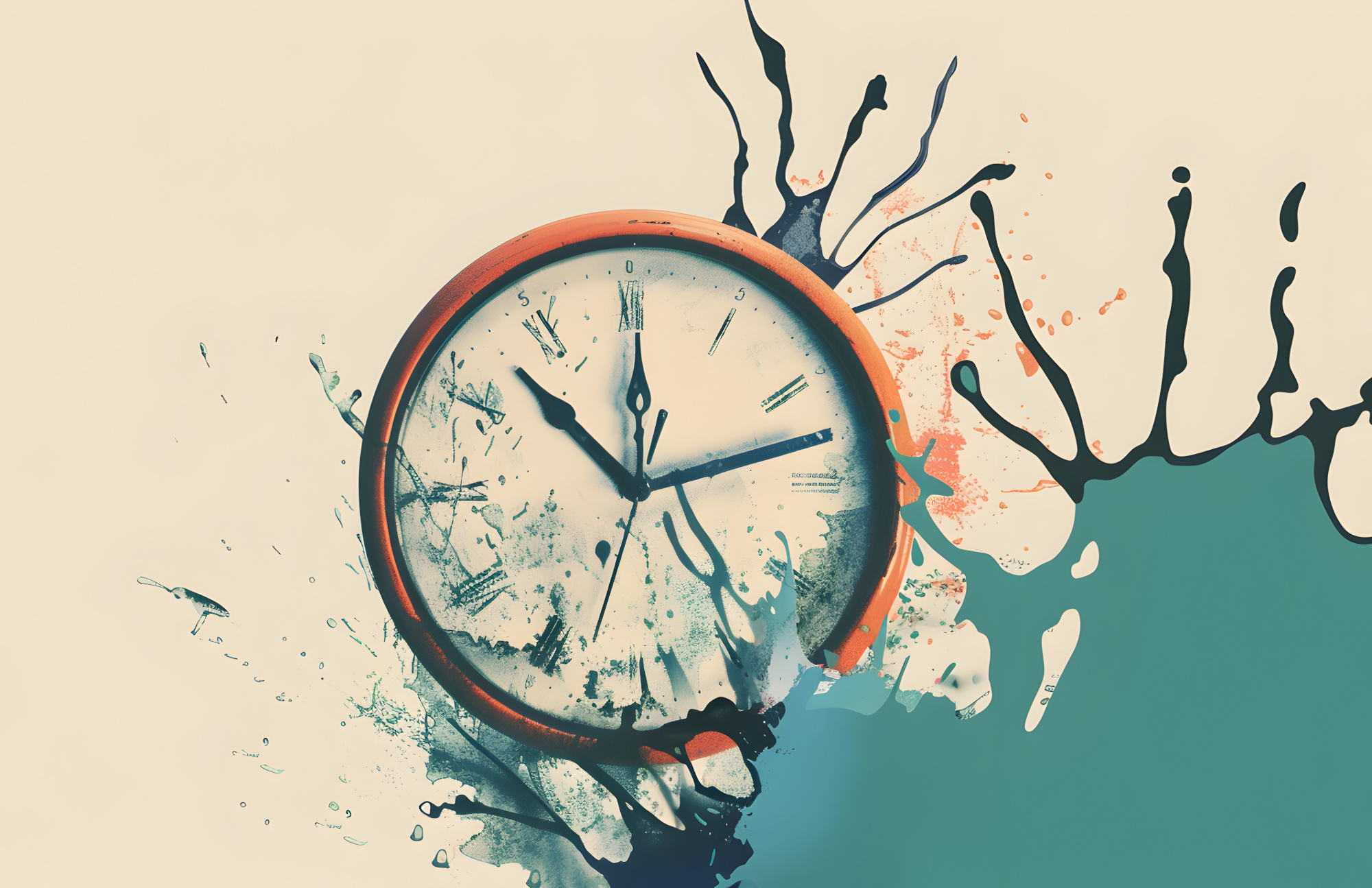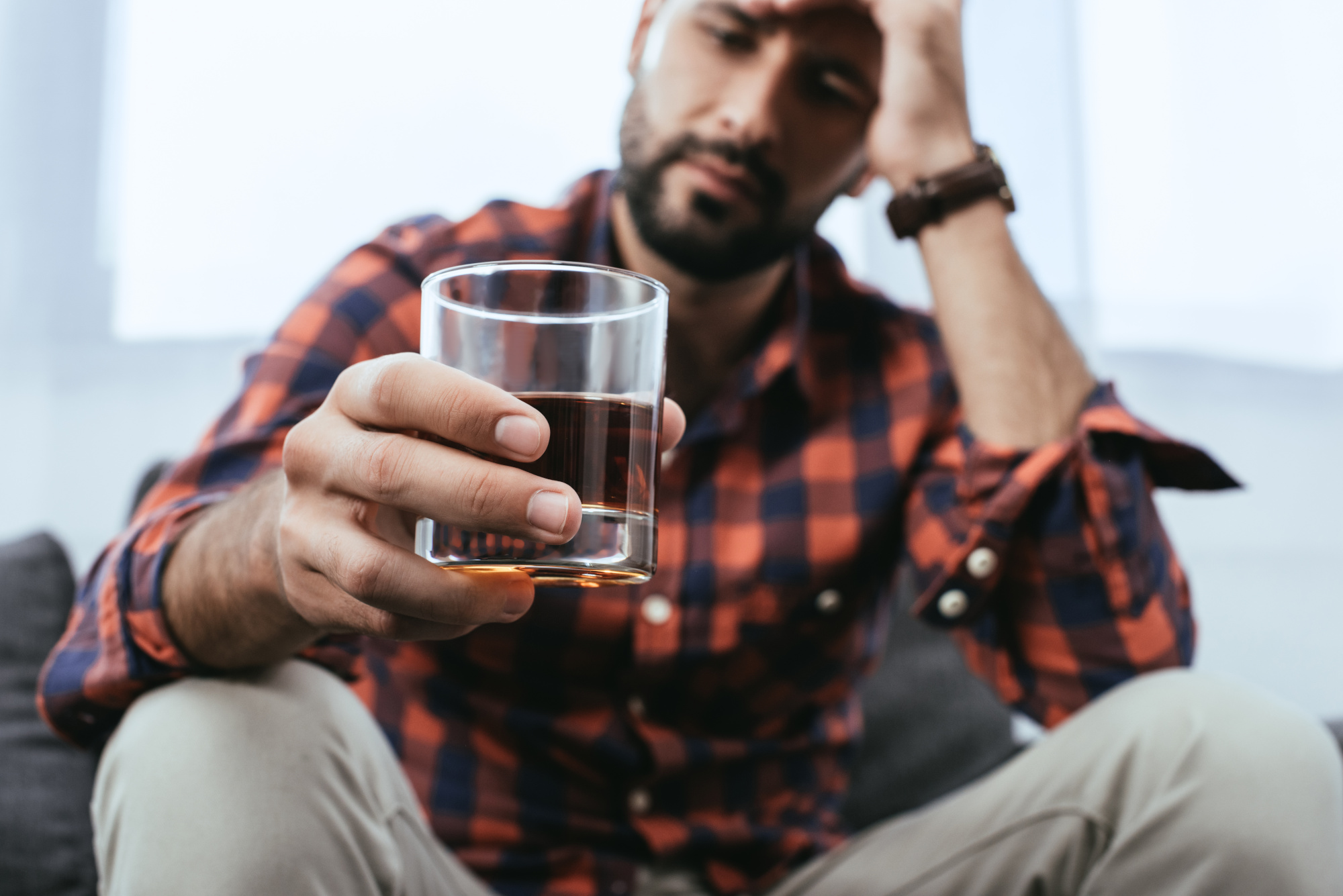You will face cravings many times throughout your long-term recovery, and it’s important to learn how to deal with those cravings effectively and healthily. Part of your treatment program should have focused on teaching you ways to handle cravings and triggers that cause relapse. The coping methods vary, but their effects depend on what works best for each person. Unfortunately, there is no cure for addiction, which means the cravings will be present throughout your life and will differ in intensity and frequency.
The goal of addiction treatment, group therapy, or a relapse prevention program is to offer approaches that are evidence-based, healthy, and have worked for others. Even though you are in recovery, you never stop learning. If your go-to methods or techniques have been ineffective, don’t hesitate to seek help and try some new ones.
What Are Cravings and Why Do We Get Them?
Some people associate the term “cravings” with food. Individuals on a diet may discuss the cravings for junk food, or a pregnant woman may express her intense cravings for specific foods. However, cravings can develop over several other things that are not food-related. In fact, everyone experiences cravings in their life. Some people crave love, while others crave time alone. People can also crave adventure, sleep, attention, or even emotional expression.
That intense longing or desire can be strong enough to rule your decisions. There are cravings that, if indulged, aren’t harmful. Unfortunately, when it comes to addiction, that’s not the case.
Cravings, in regards to addiction, can creep up treacherously. The truth is, you may not know what you crave until it’s staring right in front of you. You might run into an old acquaintance in the grocery store or an acquaintance that you once used with, and the memory of them could trigger you enough to lead you down a path of relapse. Memories are very powerful. Even the smell of something could be enough to trigger a memory you might have hoped was long forgotten. In those instances, it can be debilitating to feel like your past has so much control over you. Your treatment should have armed you well enough, though, to know how to handle those moments of vulnerability.
Common Cravings You May Experience
Unfortunately, cravings can occur at many different times, so there’s no way to gauge how long a craving could last. Relapse prevention programs will help you identify and learn to manage cravings. Most commonly experienced cravings include having the physical urge to use substances. These physical urges may manifest through anxious actions such as nail-biting, excessive sweating, or body shakes.
Exposure to certain stressful situations early in your recovery can increase your susceptibility to cravings or triggers. If your mental health is not in a good place, your thoughts can be affected by these cravings. In addition to the physical urges you experience, you may have intrusive and even obsessive thoughts about the substance you’re craving. These thoughts can be so obsessive that it becomes difficult to focus on anything else, including your job, school work, or personal and familial responsibilities. This distress can be significant enough to threaten your recovery, but it doesn’t have to destroy the work you have done. Early on in your recovery, you may still have to experience the growing pains that come with this new chapter for you. There are steps you can continue to take to handle those cravings.
What Can You Do About Your Cravings?
If you are in recovery but still struggling with the cravings, remember, you are in recovery, which is an important first step. You should, first, rely on the relapse prevention skills you learned in treatment. It’s important to develop these techniques further and integrate them into your daily care plan for recovery.
It’s also important for you to pace yourself with your recovery and remember that it’s an ongoing process. This is especially imperative after leaving treatment. Continued care will help you cope with the cravings and, most importantly, avoid relapse. Consider entering into a peer-support group like Alcoholics Anonymous (AA) after treatment or continuing therapy.
There are several therapies to try in recovery to help reduce cravings. Cognitive-behavioral therapy (CBT), mindfulness-based relapse prevention (MBRP), and stress management techniques can all be incorporated into your recovery care plan. A prime example is yoga. This mindfulness-based practice helps individuals manage stress, which will help manage cravings. If you are in recovery but still struggling with your cravings, seek treatment today. You’ve worked so hard to get where you are, don’t let the cravings stop you now.







